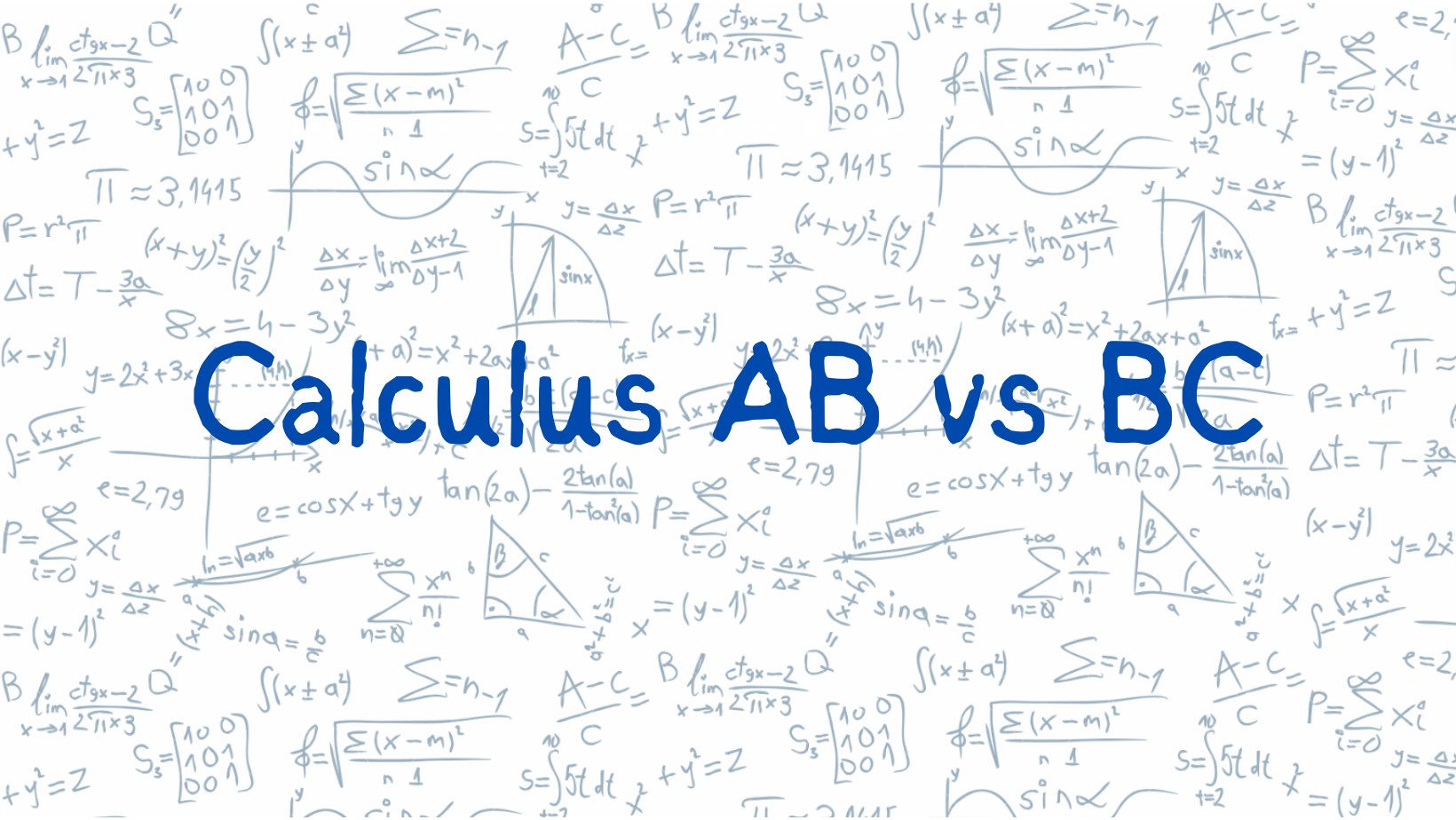Preparing for a calculus course – be it an AP or a general class – requires building a strong foundation in various mathematical concepts. Confidence in your understanding of the previous material (trigonometry, algebra II, geometry) and ability to apply this knowledge to novel problems is one of the most important skills that you will need. Calculus builds upon past concepts and requires proficiency in them in order to properly understand the new material. The following is a brief summary of what you can do in order to be well prepared for when your course begins.
1. Review Prerequisites
Mastering prerequisites is essential for succeeding in a calculus course. Below is a list of key concepts that you will need in calculus, as well as what mastery entails. Studying I Aced Calculus flashcards and completing the practice questions in the “Prerequisites” deck in IAC app will cover all of these categories.
Algebra Basics
The foundations for this course are the basic mathematical principles that underlie everything done in calculus. It is critical that there are no holes in your knowledge of these concepts. They include order of operations, proportions, linear and quadratic equations, systems of equations, multi-step word problems, polynomial expansion, factorization, simplification and formula manipulation.
Functions
Functions are one of the most fundamental concepts in calculus and advanced mathematics in general. As a way to define relations between numbers, functions will naturally appear everywhere in a course that seeks to understand and model how things change in the real world by analyzing changes between variables. Functions topics include definition of a function, finding domains and ranges, sketching and analyzing graphs of functions, function compositions, piecewise functions, linear, quadratic and polynomial functions, even and odd functions, inverse functions, writing relations as functions.
Geometry
Many calculus concepts have an intuitive geometric interpretation that is useful when solving problems. The derivative, for instance, is the slope of the line tangent to a function at a point, just as the integral is the area underneath a curve. Applications of Differentiation and Applications of Integration, often have problems that need formulas from the geometry course. The following concepts from geometry will be useful to review in preparation for a calculus course:, areas and volumes of geometric shapes, surface area, Pythagorean theorem, distance between points, missing measurements, similar triangles, basic trigonometric functions, trigonometry word problems, circles and sectors of circles, equations of circles.
Trigonometry
As one of the most common precalculus topics, trigonometry is an integral aspect of calculus (pun not intended). In calculus, you will encounter trigonometry in its geometric context, as well as trigonometric functions being manipulated and studied. The topics that will be useful to review are degree to radian conversion, unit circle, calculating trigonometric functions at unit circle angles, trigonometric ratios, graphs of sin, cos and tan, simplifying trigonometric expressions, solving trigonometric equations, word problems, finding trigonometric functions from graphs, and identifying the domain, range and period of trigonometric functions.
Exponents and Logarithms
Exponential growth and decay are some of the most frequent and fundamental modes of change, and by extension, fundamental to calculus. Although you may have explored algebraic growth and touched upon exponential change, the latter topic will be further fleshed out in calculus. Topics to review include arithmetic of logarithms, quantitative evaluation of logarithms, properties of exponents, exponential equations, logarithmic equations and inequalities, exponential and logarithmic functions, inverses of exponential and logarithmic functions, graphing exponential and logarithmic functions, growth and decay word problems.
Exponents and Logarithms Solutions
BC Topics
The AP Calculus BC course is reasonably more rigorous than the AP Calculus AB course. AP Calculus BC covers all the same topics as AP Calculus AB as well as several extra topics, such as infinite series, parametric equations, polar coordinates, vectors, additional techniques of integration and a few other topics – link to College Board website. The additional topics useful to review for AP Calculus BC course include arithmetic sequences and series, geometric sequences and series, arithmetic and geometric series word problems, partial fraction decompositions, conversions between Cartesian and polar coordinates and functions, parametric functions, graphing polar and parametric functions, basic vector arithmetic, and vector equations.
2. Preview the Course Material
Reviewing future course material, though it may seem daunting, can help you gain the understanding of the layout of the course, key concepts to focus on, and better understand material in class. You will feel more confident and will grasp more in class if you have already seen the material before and have a vague understanding of it.
Key Strategies:
- The I Aced Calculus app provides flashcards and practice questions, both of which you can skim throughl, even if you don’t understand all the concepts fully.
- Supplemental sources such as YouTube and Khan Academy can provide worked out problems, explanations and exposure to the format of the problems found on both the AP exams and in the coursework.
- Reading textbooks, particularly Calculus by Ron Larson and Calculus by John Stewart, (either the current editions or the older, more affordable ones with mostly identical material and information) can provide insight to the layout of a course, the format of problems and topics to look out for.
- Read I Aced Calculus blog articles, where we explore topics related to calculus. For example, calculus in many of its real world applications, from medicine to economics to physics, can help to contextualize many of the skills you are going to learn as well as provide real world analogs. Link to [Calculus in the Real World] article.
3. Prepare the Gameplan
Before diving into your calculus course, it’s crucial to establish a gameplan to stay organized and focused. Consider the following steps to create a solid foundation for your studies:
- Order the course book ahead of time: Obtain the required textbook or recommended resources as specified by the course early to familiarize yourself with the material and be prepared when classes start. This proactive approach will give you a head start, as well as an overview of concepts to study.
- Contact peers taking Calculus: Reach out to classmates or friends who will also be taking calculus. Forming study groups andor having peers to discuss concepts with can greatly enhance your understanding, equip you with valuable knowledge and study tips, and provide additional support throughout the course.
- Learn efficient note-taking techniques: Taking handwritten notes has been shown to increase retention of concepts as well as increase engagement. Additionally, note taking formats and systems such as Cornell notes can help organize notes to make them more accessible and useful when referring back.
- Seek guidance from those familiar with calculus: Connect with individuals who have already taken calculus, such as friends, teachers, or tutors. They can offer valuable insights, tips, and guidance to navigate the course successfully.
- Explore available support at your school/college: Familiarize yourself with the academic support services offered by your institution. This may include tutoring centers, study groups, or online resources dedicated to helping students excel in calculus. Take advantage of these resources to enhance your understanding.
- Utilize IAC flashcards and practice tests: I Aced Calculus provides an integrated platform for calculus preparation and study. Tools such as practice tests act as important baselines to understand areas of strength and areas of growth before starting a course. Those goals can be achieved using the repetition and reinforcement provided by IAC flashcards and video lessons.
Good luck! Let’s Ace Calculus together.




